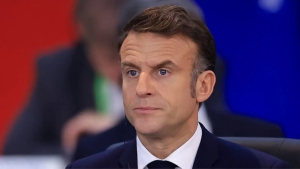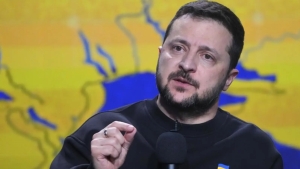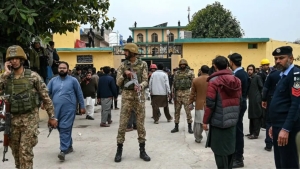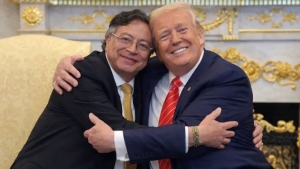The conflict around humanitarian aid in Gaza is escalating
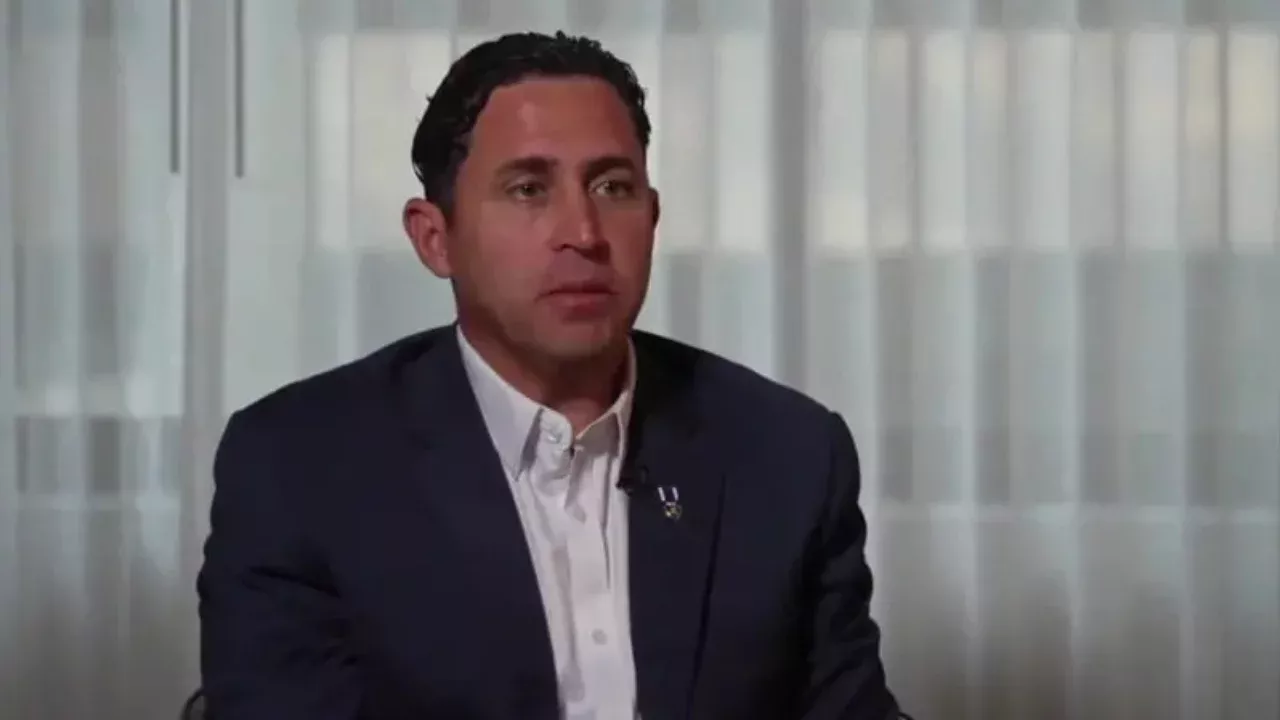
The issue of distributing humanitarian aid in Gaza is once again in the spotlight of the international community. This was reported by Zamin.uz.
The testimony of former U.S. Special Forces Lieutenant Colonel Anthony Agilar, who worked at a humanitarian fund center established by America and Israel, caused a significant uproar. In an interview with a BBC journalist, he stated that American contractors and Israeli forces fired at Palestinians in Gaza.
According to Agilar, an Israeli "Merkava" tank fired shells into an area where people were gathered, and mortars were also used, causing damage to civilians' vehicles. Many civilians have been killed around the humanitarian aid centers in Gaza.
According to the United Nations, as of July 21, at least 766 civilians had been killed near just one such point. The leadership of the humanitarian fund categorically denied Anthony Agilar's statements and referred to him as a disgruntled former contractor.
Agilar emphasized that there were no other reasons for his dismissal and did not retract his testimony. Israeli officials explained the establishment of this fund as a means to exclude the UN from the distribution of aid in Gaza and to prevent Hamas from looting the assistance.
However, reports from the New York Times and other sources indicate that Israeli officials themselves do not have concrete evidence that Hamas regularly loots UN aid. U.S. agencies have also been unable to find proof in this regard.
The Israeli Defense Forces stated that they are increasing barriers and control measures at humanitarian aid points. Reports of harm to the civilian population around aid centers are also being investigated.
Anthony Agilar believes that these operations are poorly organized and lack the necessary experience and knowledge to carry them out. He described these situations as war crimes and stated that he had never seen such a level of brutality against civilians during his service.
In conclusion, there are serious conflicts and accusations surrounding humanitarian aid in Gaza. Officials and international organizations have yet to provide clear evidence.
This issue is a pressing topic for stability and human rights in the region.


